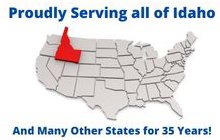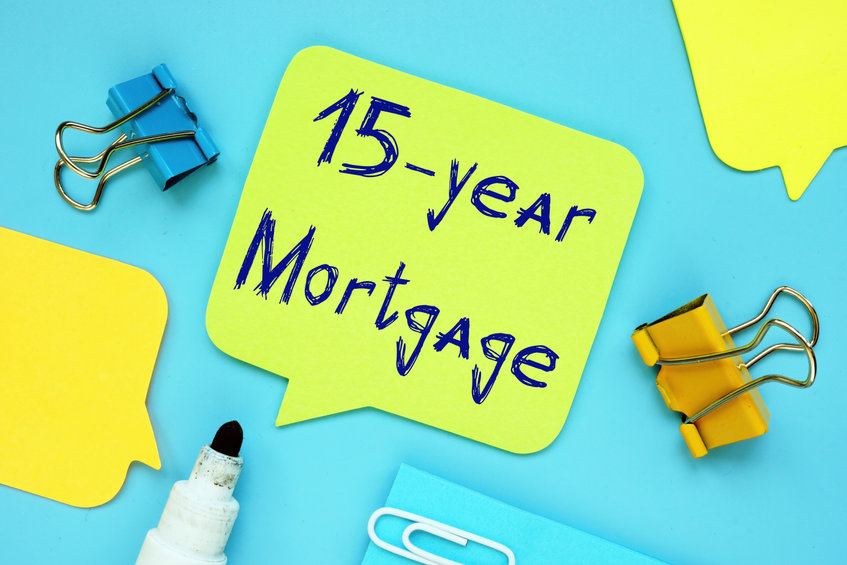The most common home loan in the US right now is a 30-year conventional fixed-rate mortgage, making up about 75% of all loans. These loans have an interest rate that stays the same throughout the entire loan life. It’s common for buyers to choose a 30-year term, but loan options can range from 10-year, 15-year, 20-year, and 30-year increments. As 30-year conventional fixed mortgage rates rise, it may be a good idea to check out shorter-term options to see if you can snag a lower interest rate.
The lowest-term loan, the 10-year fixed, will have the lowest interest rate and saves you a lot of money in interest over the life of the loan, but they are not very common due to the high monthly payment. A 15-year conventional fixed-rate mortgage will typically provide a lower interest rate than the 20 or 30, which is appealing, but the monthly payment will be higher. Even with the overall interest savings, many of us can’t afford the high monthly payment that comes with cutting the loan term in half. When budgeting for your home purchase, it’s beneficial to consider all your options to see what’s the best fit for you, and a 15-year fixed loan may be worth it only if you can easily afford the high monthly payment.
Here is one scenario: on a 15-year conventional fixed-rate home loan of $500,000 with at 5% interest rate, your payment would be almost $4,000 per month, but it would only be about $2,600 per month if you extended the loan to 30 years. However, the 15-year loan would save you over $200,000 in interest over the life of the loan. That’s a massive number, making it financially savvy to go with this option for a variety of reasons. However, if the high monthly payment makes it difficult to do anything but be stuck at home for 15 years, that is probably not going to be worth it. Even if you have the funds, deciding on a feasible monthly payment is personal and shouldn’t become a cause of stress every month.
Pros and Cons
Opting for a 15-year conventional fixed-rate mortgage will build equity faster because you’re paying the principal down in a shorter amount of time. It also creates a shorter path to becoming a full homeowner, providing the ability to pay off the entire home in half the time as you would otherwise. You also have a large amount of saved money over the entire period of the loan. However, the larger monthly payment can limit your home affordability and you may have to sacrifice price range and neighborhood for a less expensive loan. You also need to consider other opportunities in the future that you may need to forego in order to make that payment work. If you’re unsure or nervous about getting into a shorter-term mortgage, it’s probably not worth the risk. But if it sounds doable and stress-free, the choice can be beneficial. InterWest Mortgage’s lenders can answer all your questions regarding loan terms to help you decide what’s the best choice for your situation.





